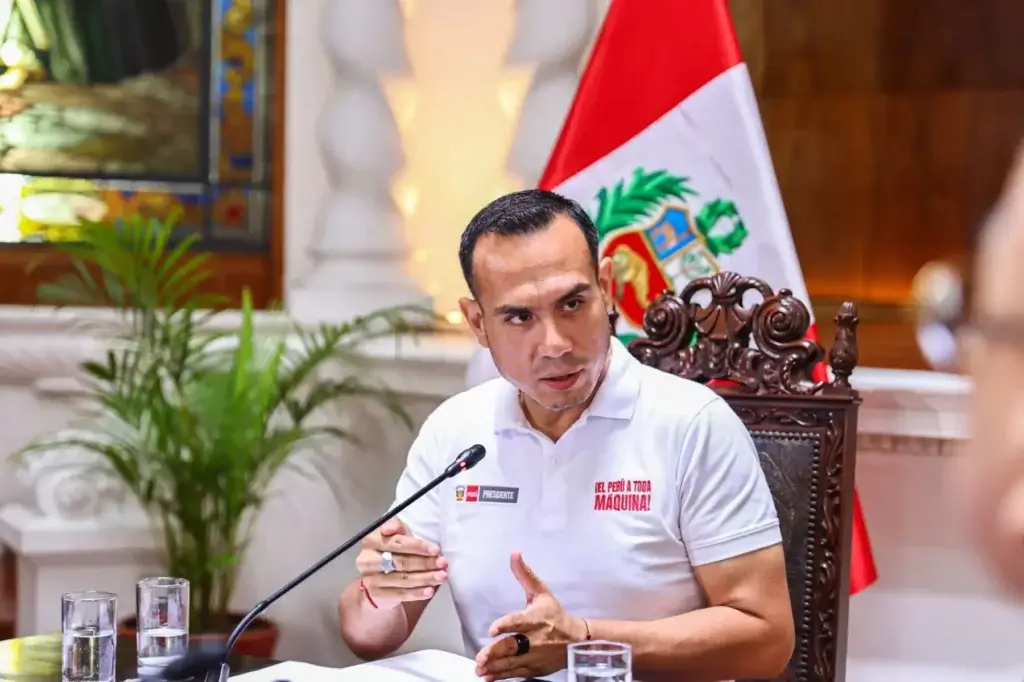Brazil is geographically and economically the largest country in Latin America, but 89 percent of its micro and small businesses don’t have a digital footprint. This means it’s impossible to find any data on them online, including addresses, opening times, or even what they sell without going in-person to the business and asking.
In 2016, Geoffrey Michener spotted this gap in the market and created Dataplor, a company that indexes micro-businesses and sells the information to larger companies. At first, he intended for his business venture to be based in the United States, but soon discovered that the market for collecting data is much bigger in emerging economies such as Latin America.
“Companies really need good small business data,” he told Latin America Reports. “[The region] is literally a blank spot on the map.”
Currently, it’s extremely difficult for a small tienda, or corner store, to create a digital footprint in Latin America, as many business growth services are targeted at U.S. audiences and charge upwards of $1000 a month for a website, which is often too costly for micro-businesses.
Read more: Colombian startups look abroad for funding opportunities
According to Seu Negócio No Mapa, a Brazilian company that also helps small businesses get online, 85 percent of small and micro-businesses in Brazil believe that the internet is “highly important” for their startup. However, due to a lack of time or resources, they are frustrated in their attempts to put their company’s information on the internet.
If large companies only have 10 percent of micro-business’ data, then they can only effectively market to that proportion of the market. But with information acquired from Dataplor, these larger companies are better able to create marketing campaigns that target the needs of small Latin American businesses and help them to grow.
For example, explained Michener, companies could offer cost effective ways for them to accept credit cards, provide a website service for a small subscription fee or help them develop their social media presence.
Michener said that more and more data companies are entering the market, making it more competitive and forcing them to deliver high-quality services for Latin American businesses.
“It’s providing a lot more opportunity for small businesses to step up to the digital forefront,” he said.
To collect the data necessary, Michener’s business relies on employees on the ground. Dataplor currently operates in Brazil and Mexico, and employs 120,000 “explorers,” or paid contractors that go to businesses to collect information. This data is then verified using Artificial Intelligence and call centers.
Explorers in Mexico are making around $5 an hour, said Michener, whereas the current minimum wage in the country is closer to $0.70 (although this rises to $1.13 within the free trade zone close to the U.S. border).
“At the end of the day, we need good, loyal contractors, and the best way to do that is to treat them right and pay them well,” he said. “It’s mutually beneficial, we take care of our people so that they take care of us. It’s a win-win.”
Next, Michener plans to extend Dataplor’s reach into Colombia and Peru, and hopes to consolidate its presence throughout the region in 2020.











